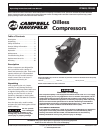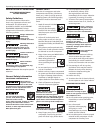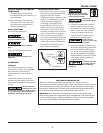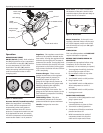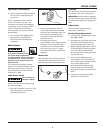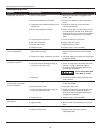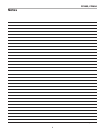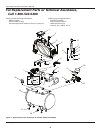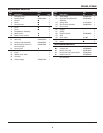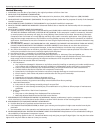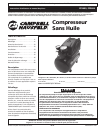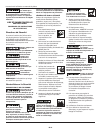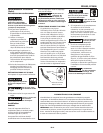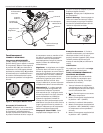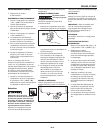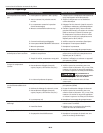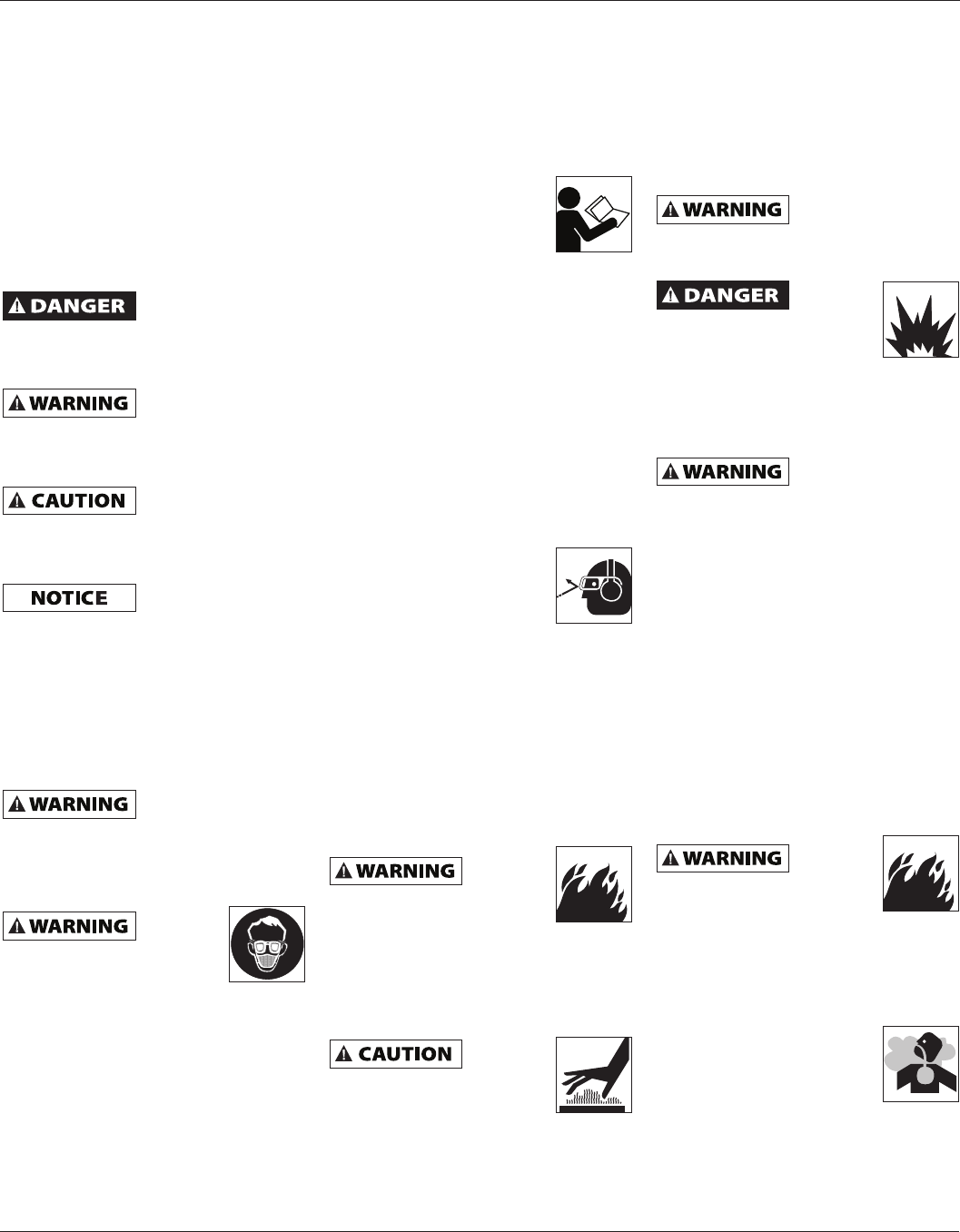
2
Operating Instructions and Parts Manual
www.chpower.com
READ & FOLLOW ALL INSTRUCTIONS
SAVE THESE INSTRUCTIONS
DO NOT DISCARD
Safety Guidelines
This manual contains information
that is very important to know and
understand. This information is
provided for SAFETY and to PREVENT
EQUIPMENT PROBLEMS. To help
recognize this information, observe the
following symbols.
Danger indicates an
imminently
hazardous situation which, if not
avoided, WILL result in death or serious
injury.
Warning indicates a
potentially
hazardous situation which, if not
avoided, COULD result in death or
serious injury.
Caution indicates a
potentially
hazardous situation which, if not
avoided, MAY result in minor or
moderate injury.
Notice indicates
important
information, that if not followed, may
cause damage to equipment.
NOTE: Information that requires special
attention.
General Safety Information
CALIFORNIA PROPOSITION 65
This product or
its power cord may
contain chemicals known to the State
of California to cause cancer and birth
defects or other reproductive harm.
Wash hands after handling.
You can create dust when
you cut, sand, drill or grind
materials such as wood,
paint, metal, concrete, cement, or other
masonry. This dust often contains
chemicals known to cause cancer, birth
defects, or other reproductive harm.
Wear protective gear.
GENERAL SAFETY
Since the air compressor and other
components used (filters, lubricators,
hoses, etc.), make up a high pressure
pumping system, the following safety
precautions must be observed at all
times:
1. Read all manuals included
with this product
carefully. Be thoroughly
familiar with the controls
and the proper use of the
equipment.
2. Follow all local electrical and
safety codes as well as in the US,
National Electrical Codes (NEC) and
Occupational Safety and Health Act
(OSHA).
3. Only persons well acquainted with
these rules of safe operation should
be allowed to use the compressor.
4. Keep visitors away and NEVER allow
children in the work area.
5. Wear safety glasses and
use hearing protection
when operating the pump
or unit.
6. Do not stand on or use the pump or
unit as a handhold.
7. Before each use, inspect compressed
air system and electrical components
for signs of damage, deterioration,
weakness or leakage. Repair or
replace defective items before using.
8. Check all fasteners at frequent
intervals for proper tightness.
Motors, electrical equipment
and controls can cause
electrical arcs that will ignite a
flammable gas or vapor. Never operate
or repair in or near a flammable gas or
vapor. Never store flammable liquids or
gases in the vicinity of the compressor.
Compressor parts may be hot
even if the unit is stopped.
9. Keep fingers away from a running
compressor; fast moving and hot
parts will cause injury and/or burns.
10. If the equipment should start
to abnormally vibrate, STOP
the engine/motor and check
immediately for the cause. Vibration
is generally a warning of trouble.
11. To reduce fire hazard, keep engine/
motor exterior free of oil, solvent, or
excessive grease.
Never remove or
attempt to adjust
safety valve. Keep safety valve free
from paint and other accumulations.
Never attempt to repair or
modify a tank! Welding,
drilling or any other
modification will weaken the tank
resulting in damage from rupture or
explosion. Always replace worn or
damaged tanks.
Drain liquid from
tank daily.
12. Tanks rust from moisture build-up,
which weakens the tank. Make
sure to drain tank daily and inspect
periodically for unsafe conditions
such as rust formation and corrosion.
13. Fast moving air will stir up dust
and debris which may be harmful.
Release air slowly when draining
moisture or depressurizing the
compressor system.
14. Indoor use only.
15. To reduce the risk of electrical shock,
do not expose to rain. Store indoors.
SPRAYING PRECAUTIONS
Do not spray flammable
materials in vicinity of open
flame or near ignition sources including
the compressor unit.
16. Do not smoke when spraying paint,
insecticides, or other flammable
substances.
17. Use a face mask/
respirator when spraying
and spray in a well
ventilated area to prevent
health and fire hazards.
18. Do not direct paint or other sprayed
material at the compressor. Locate
compressor as far away from



